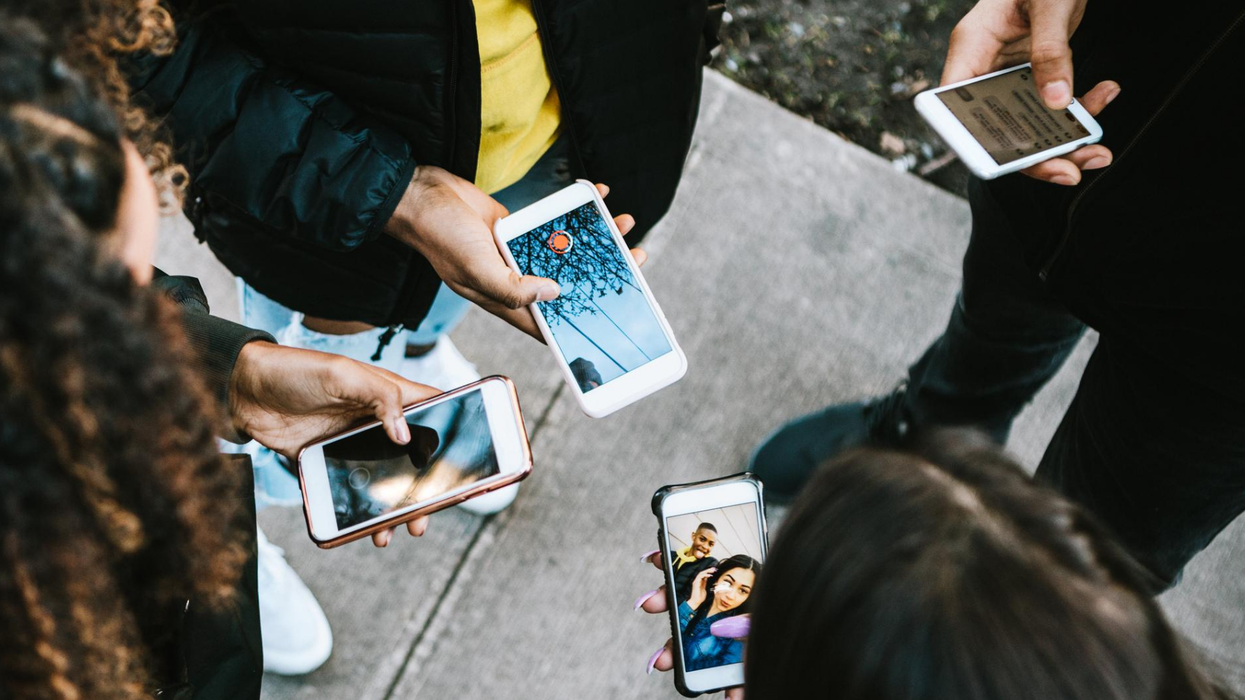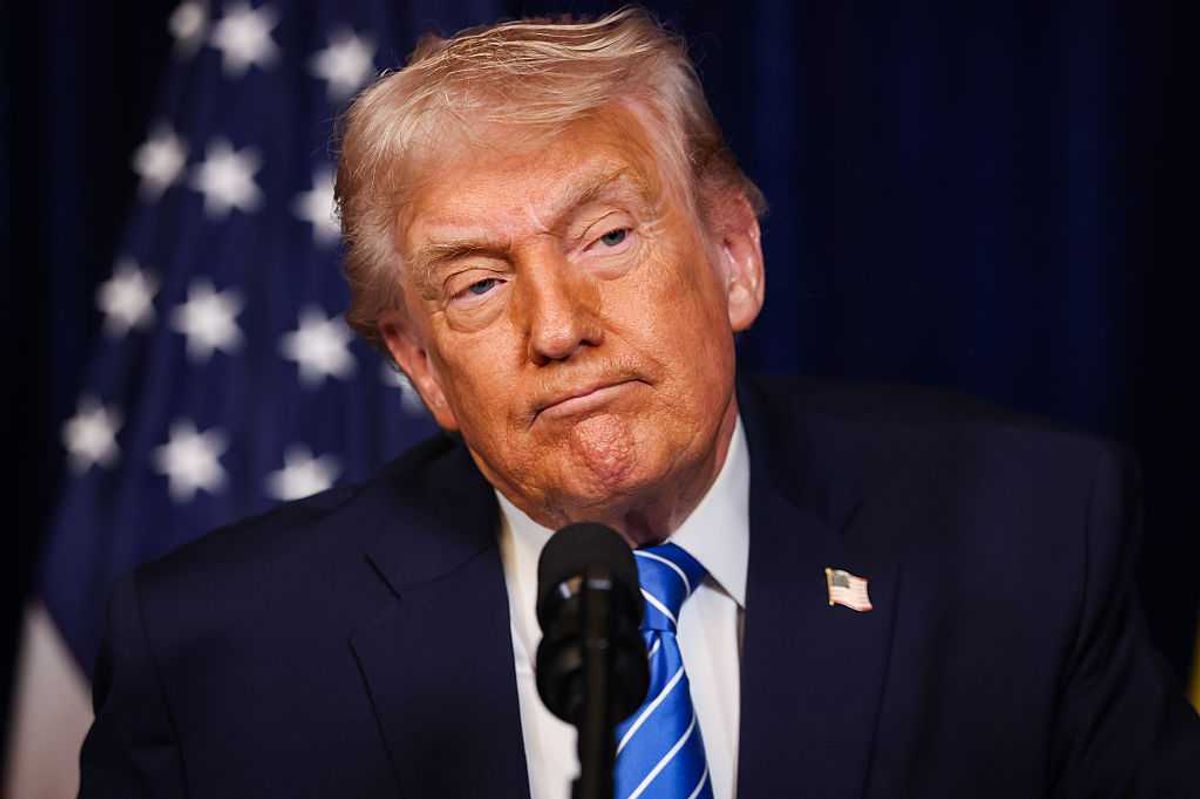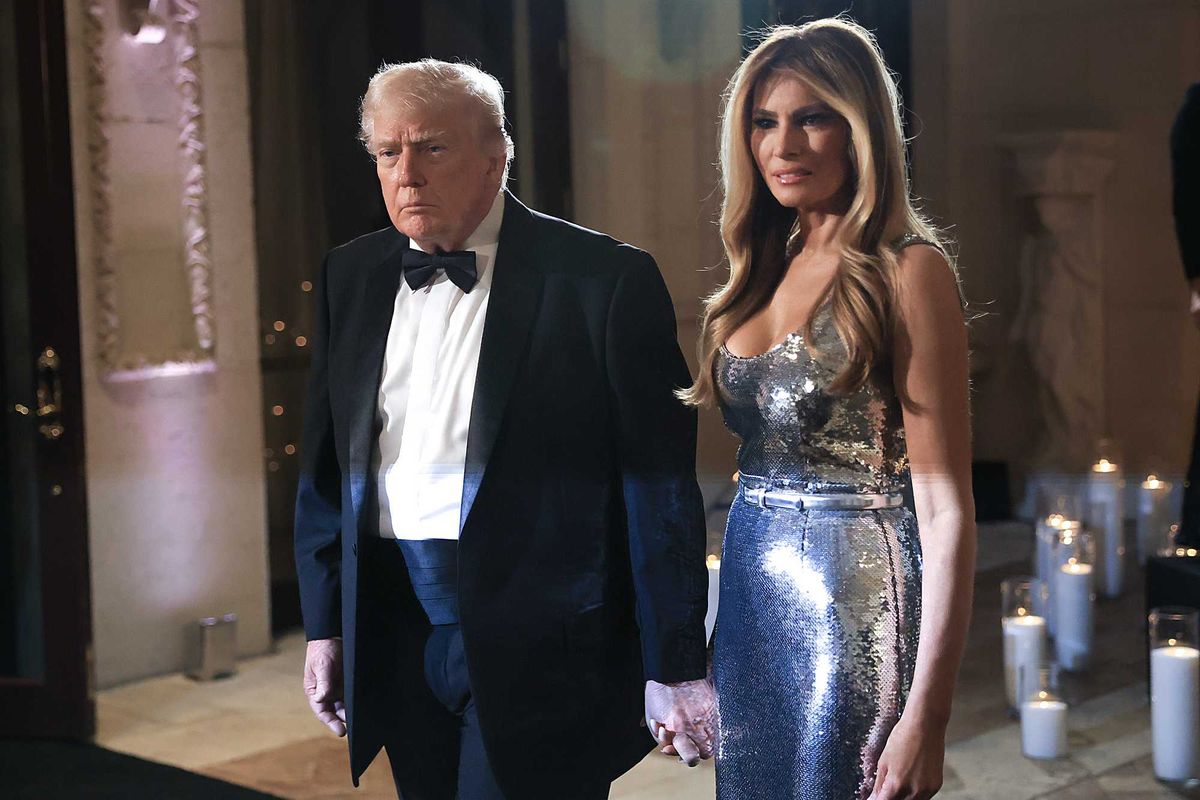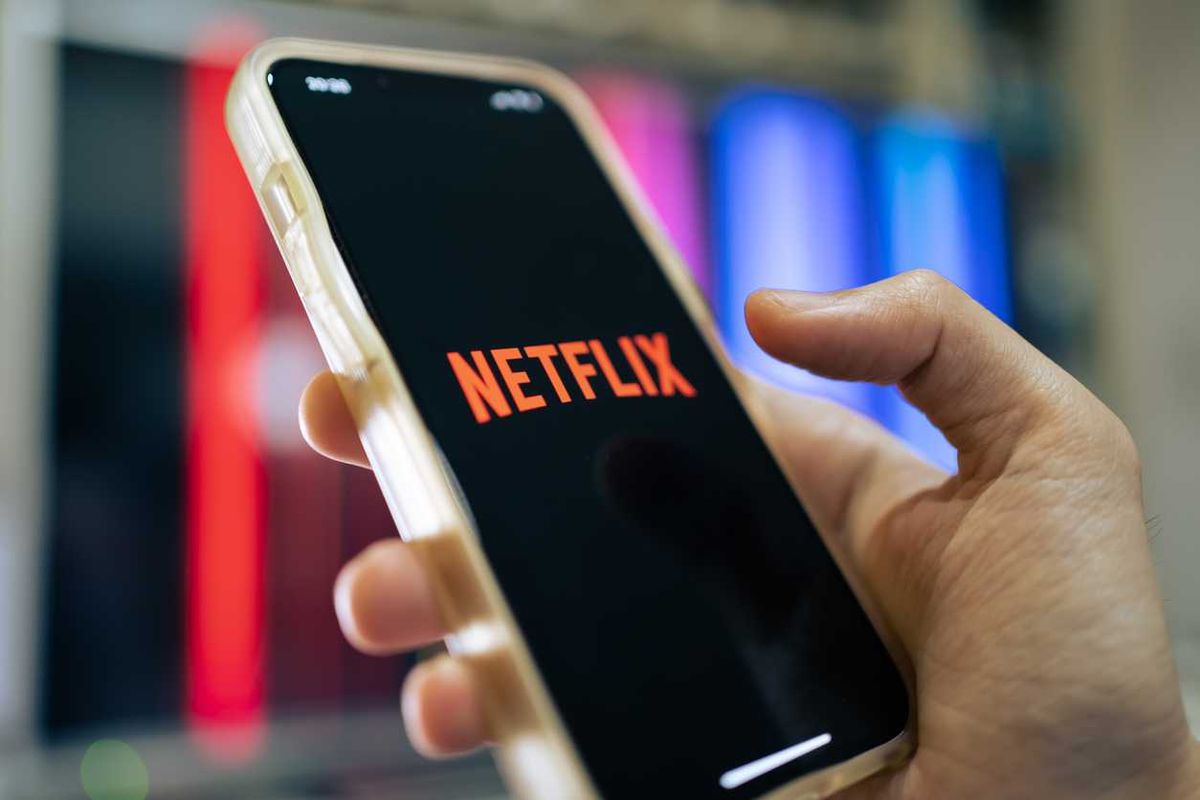A general consensus the internet has reached about the origins of its “culture’’ like certain slang words, memes and viral moments, is that it owes a lot to Black creators and culture.
Take African American Vernacular English (AAVE) for example.
A dialect of American English, the slang words used in AAVE have crept into mainstream vernacular, via mediums like memes and popular shows like Ru Paul’s Drag Race.
Think phrases like ‘throwing shade’ or ‘whew chile’.
But now a debate is raging over whether using internet slang is racist, or culturally appropriative, after a white content creator argued that words attributed to AAVE were now just part of ‘internet culture’ and should be recognised as such.
In a series of now-deleted videos, Brittnay Broski (aka 'Kombucha Girl') said creators shouldn’t be penalised for using AAVE as it was “stan culture" now and that’s “how everyone speaks”.
“So when someone is quoting that or when someone says, ‘Period,’ ‘sis,’ whatever… It’s very much internet culture, like stan Twitter, stan culture has its own language,” she said. “This is how you speak within these online communities.”
Broski said people shouldn’t be called out for using a “blaccent” (the usage of AAVE using a specific tone of voice by a non-black person).
It sparked both backlash at those who said she was erasing the work of Black individuals, and a broader conversation on whether ‘internet culture’ and slang is actually racist.
While Broski has now apologised for her words, the debate raged on.
Some argued that non-Black people online needed far more education about AAVE and “digital blackface” (the act of using Black memes as avatars of yourself when you are not Black).
Others discussed the history of AAVE in the real world.
There were explanations of how the two might have come to be so conflated.
Although a few people dissented.
And others wanted to discuss how language fluctuates.
Ultimately people agreed that the erasure of where certain parts of ‘internet culture’ comes from was the primarily offensive aspect.
Although using a ‘blaccent’ is not really on either.
Maybe if everyone did their research, these debates would happen less frequently?
Just a thought.














